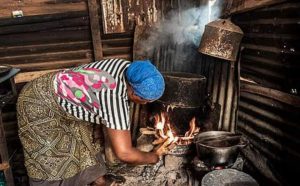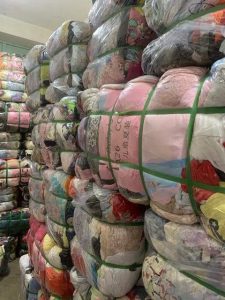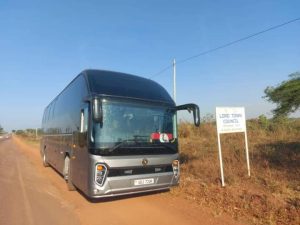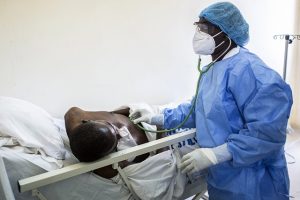
#OutToLunch Use the 20% of your NSSF money as tuition fees for entrepreneurship
By Denis Jjuuko When Zakaria turned 55, he felt that he had had enough with the 9-5 job and opted to retire a few years early. Zakaria used to frequent a small drinking joint near his home where he met other people with similar working patterns. They talked about life — work, the partners they once dated, how their children were turning out and generally reminisced about the good old days. Once in a while, they talked about their pending retirement, which is euphemism for retirement benefits from the National Social Security Fund (NSSF) or gratuity payments. Business ideas were floated. Every business idea that was discussed, like all businesses, was profitable on paper! Soon, Zakaria was blaming himself for having worked for all these years. Had he resigned a few years earlier, he would have been a billionaire by now. He kept on remembering the good old adage of better late than never. Zakaria withdrew his benefits and went straight into business. Kampala’s dealers identified a truck commonly known as Magulu Kumi (10-tyre, 25-ton truck) for him. Zakaria was to earn Shs1.5m every week. The Magulu Kumi was of course old and needed a few repairs, new tyres and such other stuff. He was excited. This new business was to pay more money than he had ever earned. A driver was identified and his assistant (turn boy). Things were good. Zakaria started earning his promised Shs1.5m every week. His buddies at the drinking joint celebrated him. After about three months, Zakaria started getting more stories from the driver than the weekly Shs1.5m. He fired the driver and hired another one and the pattern continued. Eventually, the business collapsed. If you don’t know any Zakaria, you haven’t been keen enough. According to studies by NSSF, most people who get their retirement benefits lose them within two years. The major reason is because, like Zakaria, they get into businesses they have no ideas about. The good news is that the president accented to the law that allows midterm access for NSSF savers. So if you are 45 years or older and you have saved for 10 years with NSSF, you now qualify to access 20% of your savings. Why is this good news? If you are planning to retire say at 60 or even 55, you can now withdraw this money and use it as your entrepreneurship tuition fees. I don’t mean enrolling for a degree in entrepreneurship rather to start the business you want to do when you retire. Start the business now and use this 20% to learn the ropes of the industry you have joined. Whatever business you start, there will be stuff to learn, unlearn and relearn. They are never identified through preliminary studies and when you are writing a business plan. Since to most savers 20% won’t be a lot of money, that is even better. When you start small, you are able to learn and then grow the business. So 10 or 15 years later, when you withdraw the other 80%, you would have learnt how business works. You may even have started and closed several businesses until you found one that works for you. The majority of businesspeople start many businesses until they settle on what works for them because naturally some businesses will work while others won’t. This idea of 20% is great because it teaches savers what they never learn at school and during the time they were working, which is handling money and basically running a successful enterprise. It is different working as a business manager or financial manager in other people’s businesses than when the business is yours. Sometimes big companies and organizations can absorb some losses, they can move money from one market to another and ensure that workers and creditors are paid. They also most times have systems that work that have been established over the years. When it is your business, you have to set up the systems and become the shock absorber when the road gets tough. So in 10-15 years, the person who used their 20% NSSF money to start a business, would have picked lessons and when they qualify for the other 80% they would certainly know where to invest it. That way, NSSF savers won’t become part of the usual statistics of majority of them losing the money in under two years. There is something they usually don’t say — most people who lose such money also die within five years. The reason is because they haven’t mastered the art of being shock absorbers. The writer is a communication and visibility consultant. djjuuko@gmail.com







